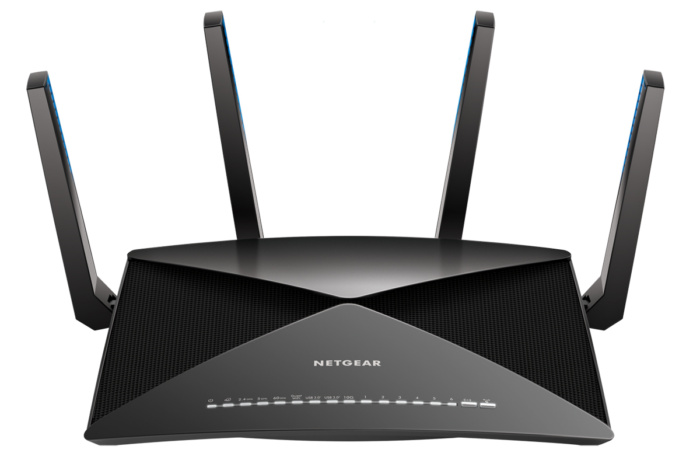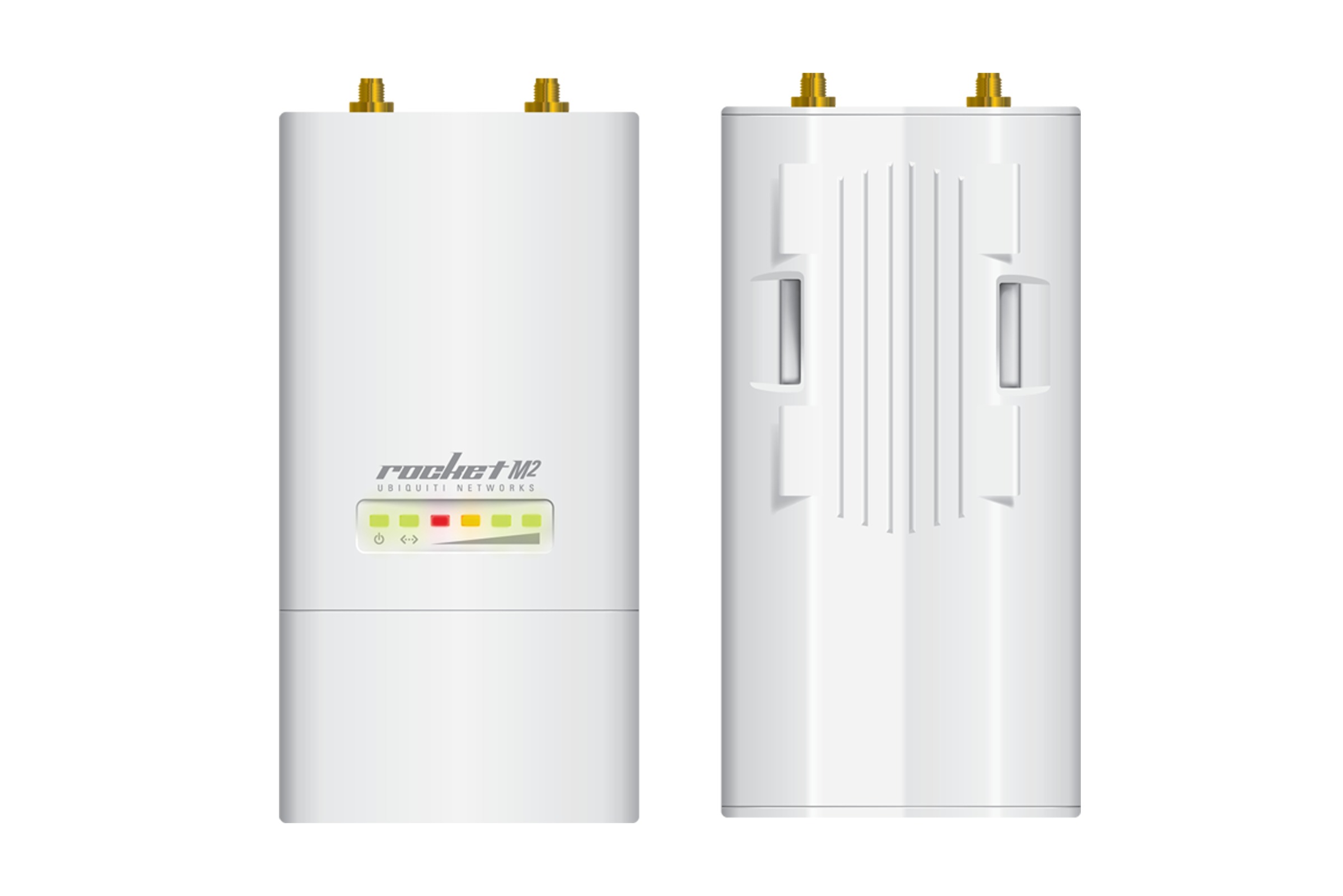L.A. and NYC still rank behind smaller cities in wireless performance
The two biggest cities in the U.S. — New York City and Los Angeles — continue to rank well below many smaller U.S. cities in overall wireless performance, according to millions of field tests performed by RootMetrics in the second half of 2016.
The New York metro area, with 18 million people, ranked just 66th in the latest round of tests of the nation’s largest 125 metro areas. Meanwhile, L.A., with 12.1 million people, ranked 49th. In testing done by RootMetrics in the first half of last year, New York finished 59th, L.A., 99th.
[ Further reading: The votes are in: Which mobile data provider is best? ]
L.A. improved in two of six measurements: call and data performance. New York’s drop was largely driven by a “steep decline” in network speed and data performance, RootMetrics said.
The reasons for New York’s decline — and declines in other cities — depend on multiple factors. “These metro rankings are relative; the most common reason for a ranking drop is not that performance is declining in a particular city, rather than performance is improving faster in other cities,” said Annette Hamilton, director at RootMetrics.
RootMetrics evaluates the nation’s four largest carriers using actual phones the carriers sell in tests conducted outdoors and inside buildings. Sometimes a carrier will temporarily take down service in a cell tower while improvements are made; also, a recent increase in the number of users and the rich video content they download could burden a cell tower’s capacity and affect performance. As some cities improve in overall performance, they can displace other top-ranked cities.
[ To comment on this story, visit Computerworld’s Facebook page. ]
“While mobile performance is generally strong across most areas of the country, our data shows that not all metro areas are created equal when it comes to network performance,” RootMetrics said in a report.
Besides New York, other large metro areas dropped in several categories from the first half of 2016. Boston, the 10th largest in population, fell from 17th to 97th, finishing in the bottom on network reliability and call performance. Miami, fourth in population, dropped from 84th to 89th, due to a decline in network reliability and call performance.
Both Atlanta and Chicago declined from their top five finishes in early 2016. Chicago finished 8th overall in the latest tests, and dropped to 65th in text performance. Atlanta dropped from third to 23rd, with declines in all six categories that RootMetrics measures: overall performance, network reliability, network speed, data performance, call performance and text performance.
Hamilton said while Atlanta placed 23rd, it had a “stellar reputation for speed and data performance” with Verizon showing the fastest median download speed of 37.7Mbps. Further, while Boston came in 97th, three of the four wireless carrier there clocked median download speeds above 20Mbps, which she described as “more than fast enough to easily complete typical mobile tasks.”
In 2017, she added, “We expect to see metro rankings shift again as carriers continue to deploy new capabilities to meet mobile demands.”
Houston, the seventh-largest metro area, improved — moving from 51st to 18th. RootMetrics reported that all four carriers showed “superb” rates of getting connected and staying connected to the network during data reliability testing and saw a big leap in call performance.
The top five metro areas by overall performance were Indianapolis; Richmond, Va. ; Cleveland and Columbus, Ohio; and Minneapolis. The bottom five of the 125 measured were Hudson Valley, N.Y., in 121st place, descending to Springfield, Mass.; Santa Rosa, Calif.; Worcester, Mass.; and Omaha.
Full results are available in the report.
RootMetrics named Verizon the “undisputed leader” for U.S. wireless coverage and network reliability at the city, state and national levels in February.







